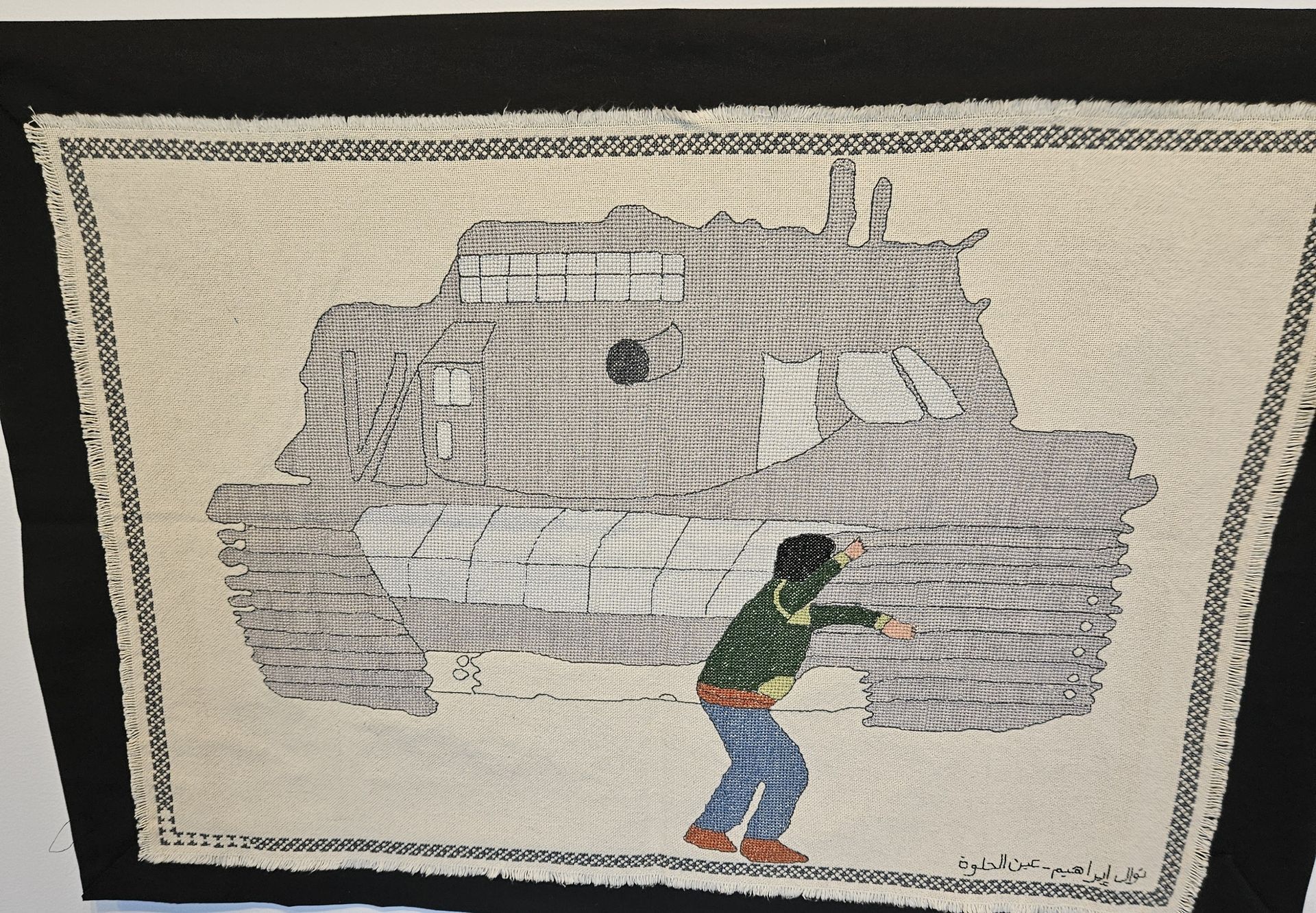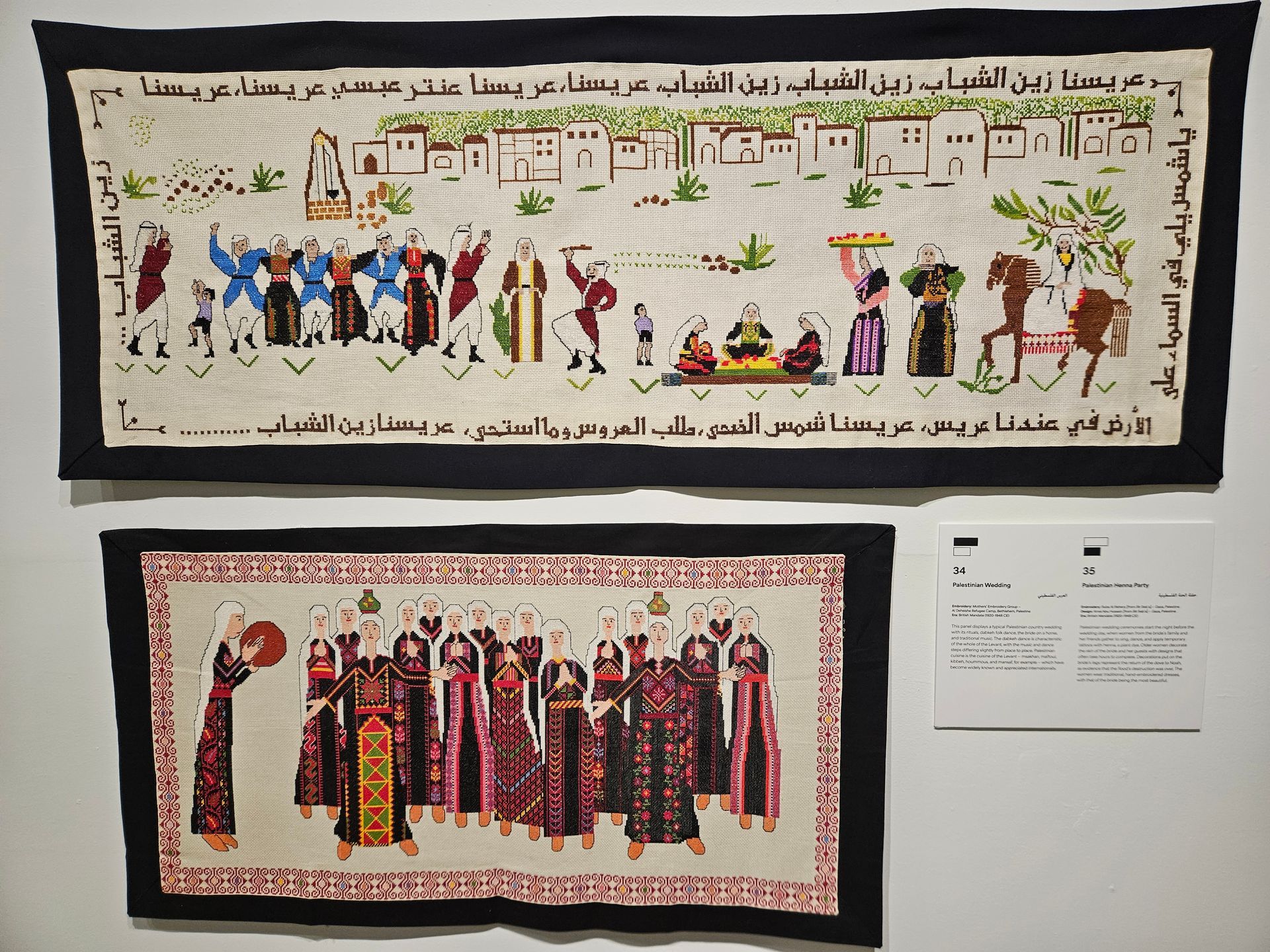
Understanding Whole History Is Key

Image Source: Pexels/Cottonbro Studio
(Source of quotes in italics below: https://www.goodreads.com/quotes/tag/history)
“History is written by the victors.” ― Walter Benjamin
Canadian History
It is commonplace to say is history is written by the victors. We may not always have that fact confessed as openly as when Winston S. Churchill is reputed to have said: “History will be kind to me for I intend to write it.”
The history written about Canada has, until now, been largely written by colonial settlers – Euro-Canadians, like me, who found on Turtle Island a place where they experienced relative freedom to live with the dispossession of Indigenous Peoples and their subjugation to the colonial rule of the British/Canadian Crown.
As one of those immigrant settlers, I confess that even my history majors in university-level studies did not sensitize me to the oppressive reality epitomized by my presence. If Donald Creighton had been my professor I would have absorbed his disdain and total neglect of Indigenous Peoples and been even more ignorant of their plight imposed by the colonial government led by Sir John A Macdonald. (see my previous Pilgrim Praxis post at: https://www.minister.ca/ignorance-is-not-bliss)
It was, in my early years, as if Indigenous Peoples didn’t exist in Canadian history, as if I wore blinders. If I had searched more diligently, I could readily have found them at society’s margins in reserves, other remote regions, and via original documents. Dan Brown of Da Vinci Code fame concludes: “When two cultures clash, the loser is obliterated, and the winner writes the history books - books which glorify their own cause and disparage the conquered foe.“
Canada’s Indigenous Peoples were not conquered (the battle of Batoche a notable exception); but through manipulation, fraud, enforcing power, racist social pressures, disease and addictions, and many more devious political and personal means, the dominant colonial power impoverished, subjugated; they marched the dehumanized Indigenous Peoples toward assimilation and genocide. The Indian Act of 1876 with its many subsequent amendments codified the immoral social, political, and economic conquest.
History's Importance
Do we really know and understand that today? Michael Crichton declares: “If you don’t know history, then you don’t know anything. You are a leaf that doesn’t know it is part of a tree.” That evil, racist legislation – the Indian Act - is still in place! Where is the revolt, the righteous rage, the resistance against this horror?
I thought I knew quite a bit of history. But whose history? Clearly I learned the victor’s history. I hadn’t learned a fundamental history lesson that said: analyze who is writing this history and whose life story is being left out of this history. I assumed, trusted, took for granted that the history I was learning from tenured profs, historians, teachers was a fairly accurate, robust account of both the events and meaning of what had taken place in the past.
I hadn’t learned, but succumbed to what Carl Sagan reports as one of the saddest lessons of history, namely:
“If we’ve been bamboozled long enough, we tend to reject any evidence of the bamboozle. We’re no longer interested in finding out the truth. The bamboozle has captured us. It’s simply too painful to acknowledge, even to ourselves, that we’ve been taken. Once you give a charlatan power over you, you almost never get it back.”#
Too many of us colonial settlers (and some Indigenous people who have internalized the bamboozled history) are still not clear about the truthful history of Turtle Island/Canada since European contact in the late 15th century. Perhaps we are too proud to admit our ignorance, or lack the courage to tackle the truth fearing the consequences.
By grace, my bamboozled history learnings have been substantially de-mythologized mainly by Indigenous people – friends, colleagues, public leaders - able and willing to testify to truth - in conversation, in public testimony, and in stories and books about their life experience, their communal suffering under the racist colonial regime, their resistance and resilience.
Revising Inadequate Histories
Mercifully, it is harder today to ignore the malignant reality of the relationship between Canada’s settler population and Indigenous Peoples. The burial grounds of residential schools call loudly and clearly about the injustice experienced and the need for confession and repentance. The endless investigations, studies, commissions and their reports weigh heavily on aware legislators, civil society organizations, educational institutions, and faith communities to take action for justice. The overwhelming judgements confirming Indigenous inherent rights and the validity of treaties rendered by the Supreme and other Courts of Canada cannot be ignored. These and other developments have made it increasingly difficult for settler society to simply carry on living with ignorance or actively perpetuating history’s horrors.
Says Jim Burcher (in Dead Beat, book 7 of the Dresden Files): “Time after time, history demonstrates that when people don't want to believe something, they have enormous skills of ignoring it altogether.”
Wonderfully, another force driving settler society toward justice is the energetic younger generation of Indigenous artists, educators, and writers whose perseverance and creativity are re-shaping Canadian culture. History is being re-written as gifted Indigenous people share their knowledge, their skills, tell their stories, and contradict the one-sided accounts too long fed to uncritical settler learners like me.
Settlers are learning about the profound wisdom, the extensive respect for and life-saving knowledge of Creation, the deeply rooted spirituality, and the common sense that a growing generation of Indigenous students, teachers, and leaders are committed to sharing. Their productivity is impressive and their creativity is humbling to anyone once immersed only in the victors’ tales.
Says Indspire, the national organization for Indigenous education, “Education is a key principle to transforming the relationship between Canada and Indigenous people…”^
Indigenous people understand the importance and the power of learning – theirs and ours as settlers. Happily there is energy to pursue this track. The failed 1% Fund for Indigenous Human Development* was an Indigenous-led attempt to strengthen this pressing priority. (See my previous Pilgrim Practice post https://www.minister.ca/beyond-one-percent.) Indspire and other Indigenous educational initiatives will continue to pursue the key priority.
Understanding History's Realities
It is crucial now for settler people to open ourselves to learning a more complete history. We need to understand the untold history by which we have blithely lived and from which we have so unfairly and substantially benefited. As Jody Wilson-Raybould stresses in recent book True Reconciliation, understanding what took place over the past 500 years in Turtle Island’s Canada is the foundation for building a new respectful “two-row wampum” relationship between settlers and Indigenous peoples.
A truthful history understood with mind and heart can cultivate, not just apologies soon forgotten, but repentance and a principled commitment to just and peaceful friendship – two-row wampum - between Canada’s peoples. It is foundational for my faith commitment to be an ally in transforming the malignant relationship between settlers and Indigenous peoples in Canada. Subsequent Pilgrim Praxis posts will elaborate on settler faith commitment to this transformation process.
~ ~ ~ ~ ~ ~ ~ ~ ~ ~ ~ ~ ~ ~ ~ ~ ~
Resources
Previous Pilgrim Praxis posts have identified resources that can remediate inadequate historical learnings. Here are a few more:
This Place – 150 Years Retold. A graphic novel of 10 stories for adults and children. Foreword by Alicia Elliott; stories by Kateri Akiwenzie-Damm [and 10 others]; illustrations by Tara Audibert [and 5 others]; Highwater Press. 2019, ISBN 9781553797586. $36.
This volume contains Indigenous/settler stories in words and beautiful graphics that make all readers reconsider the histories we've learned before about life in Canada for Indigenous Peoples. The courage of Indigenous heroes inspires Indigenous and settler folks alike and awakens visions of another future together in this fair land.
.
All the Quiet Places. Brian Thomas Isaac. TouchWood Editions. 2021. 9781990071027.
A prize-winning first novel by Okanagan Reserve (B.C.) senior telling the story of the challenging life of "Eddie" and his First Nations family in subsistence circumstances at the edge of reserve life along the boundary of settler-dominated communities. It touched my heart.
Sharing the Land, Sharing a Future - the Legacy of the Royal Commission on Aboriginal Peoples. Eds. Katherine A H Graham & David Newhouse. University of Manitoba Press. 2021. ISBN 9780887558689.
A 500-page and 22-chapter tome of commentaries and reflections collated from a Forum held in 2016 to mark the 20th anniversary of the Royal Commission on Aboriginal Peoples report published in 1996. The aim was for all Canadians to understand better the motivations, learnings, and impact of the RCAP which declared that "the country has a rare second chance to seize a lost opportunity for reconciliation." In the 20 years, the RCAP "body of work had almost disappeared from public view....[and] Most recommendations had been ignored." (foreword p. x)
Sharing the Land, Sharing a Future updates the impact of the RCAP noting that some of its important
ideas have been accepted. "This volume brings to bear the varied perspectives of contemporary authors and forum presenters as a contribution to the ongoing search for a new relationship based on the principles of recognition, respect, responsibility, and sharing."
For those who are not up to plowing through the 500 page volume, The Institute on Governance based in Ottawa makes available a Summary of the Final Report of The Royal Commission on Aboriginal Peoples (April 1997). Website: IOG.ca.
True Reconciliation - How to Be a Force for Change. Jody Wilson-Raybould (Puglaas). Penguin Random House Canada Ltd./McClelland & Stewart. 2022. ISBN 9780771004384. $25.
Mentioned in my previous Pilgrim Praxis post, but worthy of further mention. Puglaas emphasizes Learn, Understand, and Act as applied to individuals, communities, organizations, and governments. It is the concerted effort not only by official government agencies, but by all Canadians - collectively and individually - to bring about the change that will result in a "revitalized vision of Canada" with justice and peaceful sharing for all. The book is an invitation to informed partnership active in realizing the vision. Crucial for readers' learning are pages 52 to 179 containing key quotations drawing on a variety of historical documents from the pre-contact era, in15th century Europe, and leading up to contemporary statements - all relevant to the impact then and now on Indigenous Peoples and settler Canadians.
~ ~ ~ ~ ~ ~ ~~ ~ ~ ~ ~
Footnotes:
# inThe Demon-Haunted World: Science as a Candle in the Dark
^Letter to author from Mike DeGagne, CEO of Indspire, December 22, 2022.

